[ad_1]
Bar Elias, Lebanon – A truck backs up with dozens of packing containers of tomatoes, onions, carrots and peppers, and parks close to a distant makeshift kitchen at a small swimming complicated in Lebanon’s rural Bekaa Valley.
Omar Abdullah of Lebanon-based NGO Sawa for Growth and Help sighs as he reads via the receipt. “Meals objects maintain getting dearer,” he tells Al Jazeera. “The worth of greens has greater than tripled.”
Abdullah is operating the NGO’s annual Ramadan kitchen, the place a crew of Lebanese, Syrian, and Palestinian cooks and volunteers put together sizzling meals for 1,500 Syrian refugee and Lebanese households, and meals baskets for others within the cash-strapped nation.
“Even right here on this constructing that’s removed from every thing, we obtain dozens of households day by day asking if they may signal as much as get meals at night time,” Abdullah says, frazzled as he tries to observe up on meals deliveries.
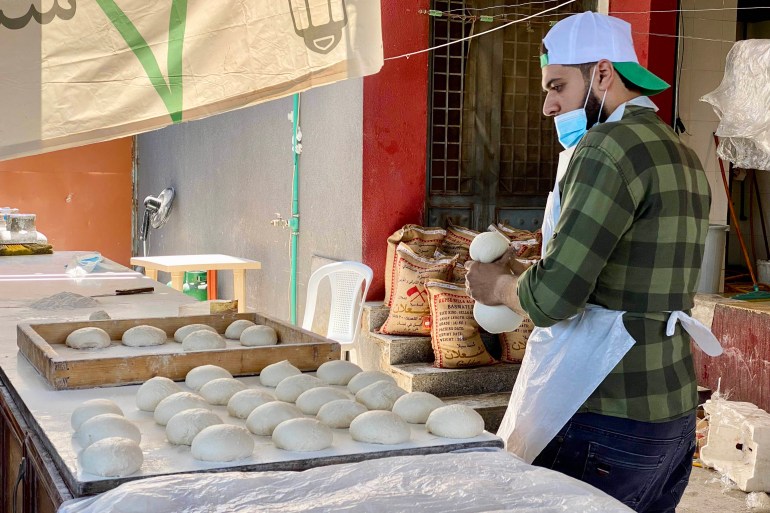
Operating the kitchen has grow to be extraordinarily tough; meals inflation in Lebanon in lower than three years has exceeded 400 %, whereas the worth of diesel for electrical energy and petrol for cars has skyrocketed.
Bread and vegetable oil – two key staples in Levantine delicacies – have particularly grow to be dearer due to each the nation’s spiralling financial disaster and the struggle in Ukraine.
Within the kitchen, 60-year-old Om Mohammad is amongst three cooks who take the lead. “We don’t need to compromise the standard of our meals, so we’re going to organize lower than typical this 12 months,” she says, pouring chopped garlic and cooking oil into massive vats.
Om Mohammad, a Syrian who fled air strikes and shelling over Darayya close to Damascus in 2013, has been working within the kitchen for 9 years. “Even folks from Beirut are calling us, and there are extra Lebanese households who obtain our meals,” she says. “I feel their lives have grow to be virtually as dangerous as ours.”
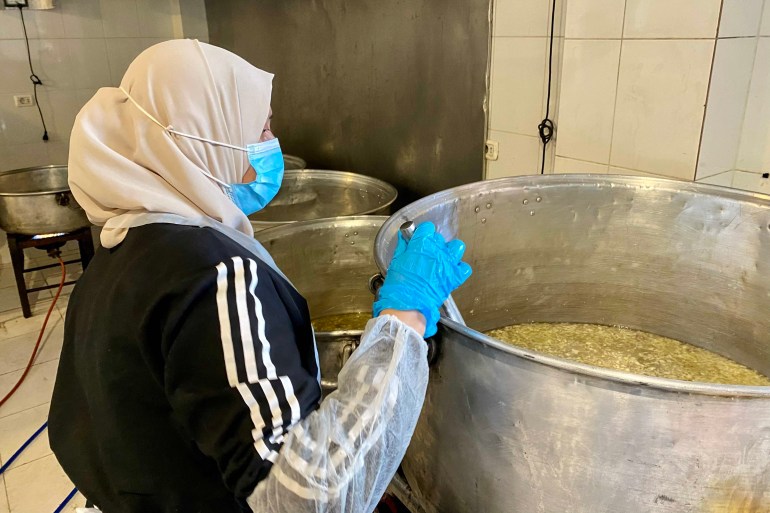
Greater than three-quarters of the Lebanese inhabitants reside beneath the poverty line. The nation’s financial disaster additionally had a compounding impact on about a million Syrian refugees, of which 90 % reside in excessive poverty, in response to the United Nations.
Extra Syrian refugees are going into debt to cowl meals prices, whereas well being specialists over the previous 12 months have documented main adjustments in dietary traits amongst impoverished households throughout Lebanon, together with skipping meals.
The COVID-19 pandemic rattling the worldwide economic system additional worsened donor fatigue for dozens of humanitarian organisations working in Lebanon, particularly with refugees. As of April, the UN’s refugee company in Lebanon has solely been in a position to safe 13 % of its $534m finances for the 12 months.
Whereas Lebanon lately reached a staff-level settlement with the Worldwide Financial Fund for an financial restoration programme, and is slowly rekindling ties with Saudi Arabia and different Gulf international locations that have been as soon as key financial patrons, analysts and officers alike have advised Al Jazeera the disaster will take years to resolve.
Meantime, Abdullah is looking for a solution to maintain the kitchen going and to serve meals baskets to folks removed from the japanese Bekaa Valley.
“We discuss to households and teams we associate up with in Beirut and Tripoli,” he says whereas monitoring seven women and men placing collectively packages with greens, cooking oil, and different objects. “I don’t know, possibly we must always discover a solution to begin cooking meals over there, too.”
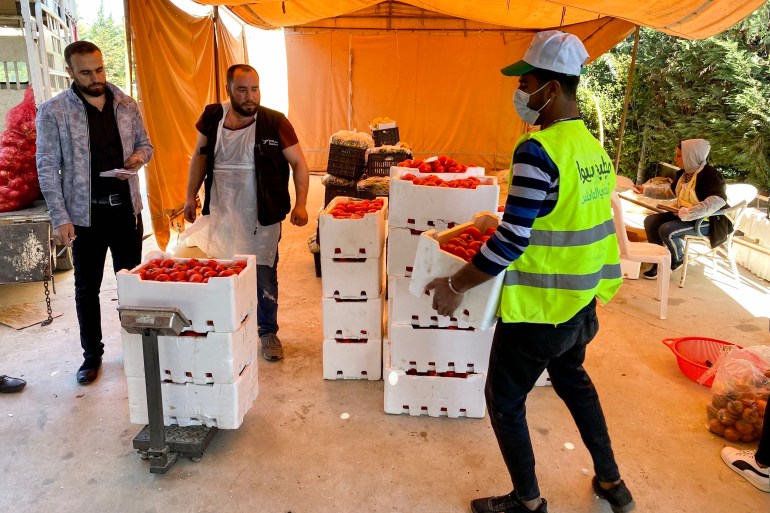
He admits there will probably be adjustments to the meals the kitchen serves going ahead to deal with prices.
“We would have to cut back how incessantly we embody meals with meat going ahead, so we are able to maintain offering to as many households as doable, as lengthy we discover options to maintain the dietary worth.”
On this night time, households will obtain freshly baked bread as an alternative of sfiha, a dish of flatbread topped with meat and pine nuts. However Abdullah and the cooks within the kitchen comply with alternate to verify households should not disadvantaged of conventional meals.
“The Ramadan kitchen can also be to take care of heritage and custom via the meals we serve, so we can not take away these widespread dishes totally,” he explains.
It’s no secret within the kitchen that meals inflation and funding have made it tough for Sawa to maintain up with demand for its providers.
Om Mohammad says she hopes the kitchen can proceed after a powerful 10 years of public service. It’s additionally a livelihood for her, different Syrian refugees, and a few Lebanese all residing in close by areas.
“We’ve grow to be a household in any case these years collectively,” she says.
[ad_2]


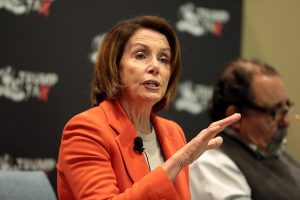
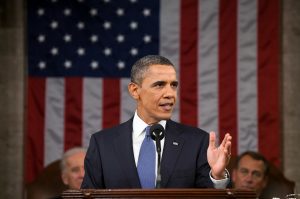



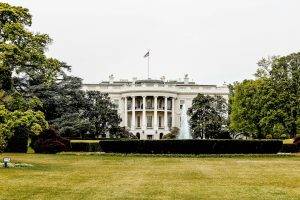

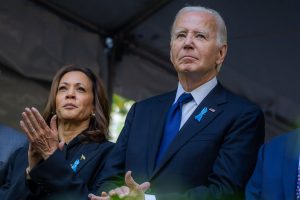
Leave a Reply